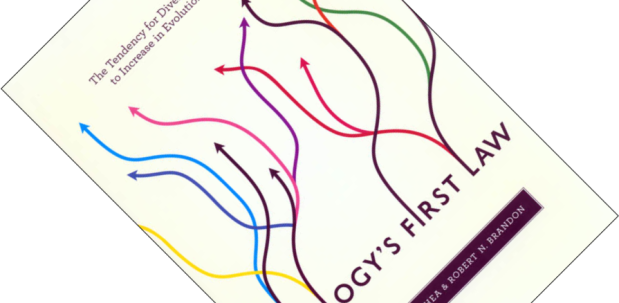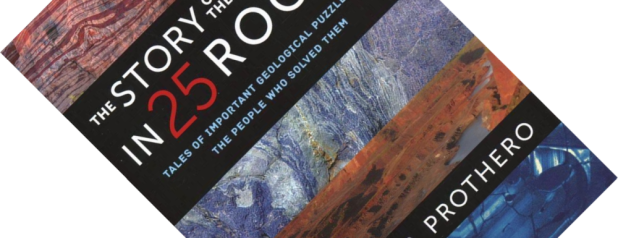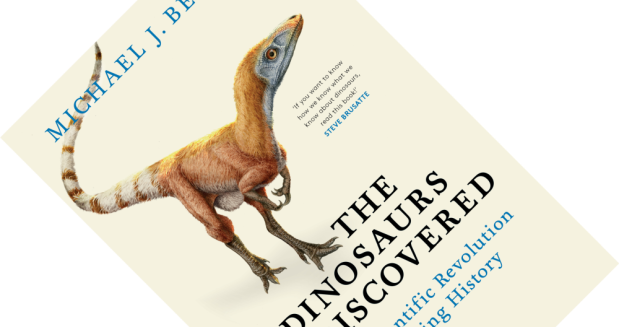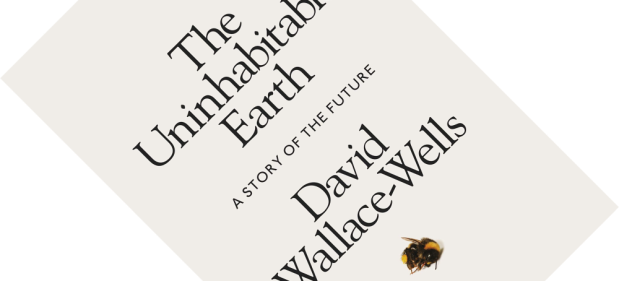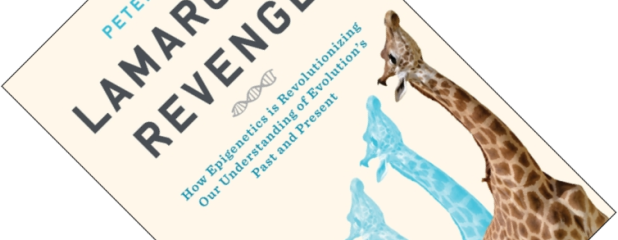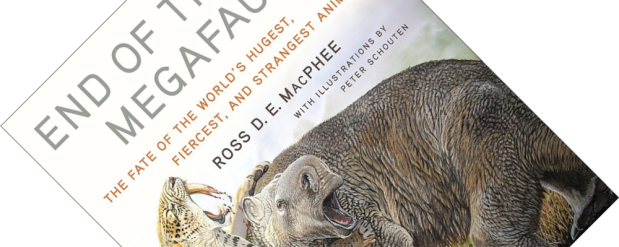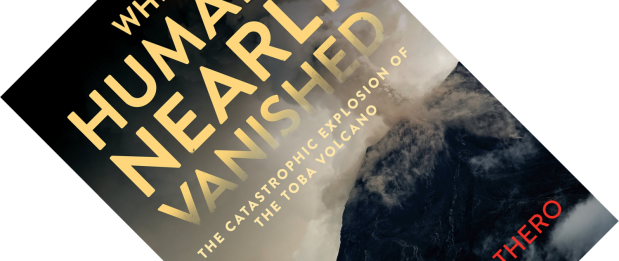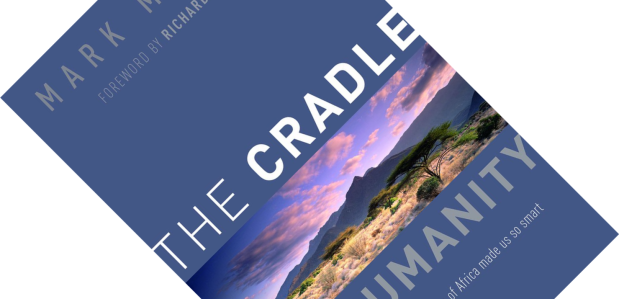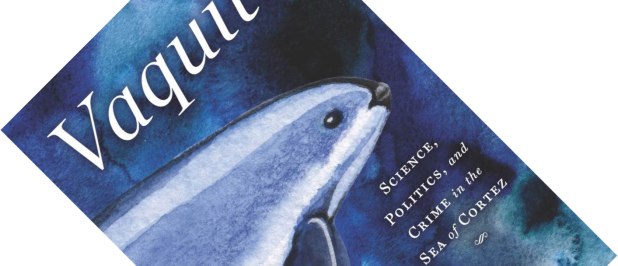The subtitle of this book points to an observation that most biologists will anecdotally agree with. Looking at the long sweep of evolutionary history, there is indeed a clear overall tendency for life forms to become more diverse and complex. Daniel W. McShea and Robert N. Brandon, the one a biologist with a secondary appointment in philosophy, the other a philosopher with a secondary appointment in biology, here declare it the Zero-Force Evolutionary Law or ZFEL. But is this a law of nature? And does it really differ from stochastic processes or even entropy?
extinction
Book review – The Story of the Earth in 25 Rocks: Tales of Important Geological Puzzles and the People Who Solved Them
Judging by the title of this book, you might expect it to talk of 25 remarkable kinds of rocks and minerals. But in the preface, geologist and palaeontologist Donald R. Prothero makes clear that his book looks as much at famous outcrops and geological phenomena. Bringing together 25 readable and short chapters, he gives a wide-ranging tour through the history of geology, celebrating the many researchers who contributed to this discipline.
Book review – The Dinosaurs Rediscovered: How a Scientific Revolution is Rewriting History
If you are interested in dinosaurs, the last two years have seen a slew of great books published, and there is more in the pipeline. The latest I am reviewing here is The Dinosaurs Rediscovered from the well-known British Professor of Vertebrate Palaeontology Michael J. Benton. With a huge number of possible topics you could write about, and an already saturated book market, Benton has set himself a very specific aim: to show how the science of palaeobiology has moved from a descriptive, speculative scientific discipline, to a hard, testable, rigorous one. In other words, given that palaeontologists nowadays regularly make some pretty amazing and precise claims about creatures long extinct, how, exactly, do they know that?
Book review – The Uninhabitable Earth: A Story of the Future
“It is worse, much worse, thank you think”. With these ominous words, David Wallace-Wells, deputy editor at New York magazine, starts his no-holds-barred story of climate catastrophe. Pulling together worst-case scenario predictions, he is hell-bent on scaring the living daylight out of his readers by sketching the manifold crises that loom in our near future if we let climate change develop unchecked. He proves a poetic agitator and I admire his outspokenness – I don’t think he is alarmist, but simply saying what many scientist are silently thinking. Whether this divisive approach is helpful is another question, and one for which he has been criticised. It is a price Wallace-Wells is willing to pay, because he thinks most people are not scared enough.
Book review – Lamarck’s Revenge: How Epigenetics Is Revolutionizing Our Understanding of Evolution’s Past and Present
As one of several intellectuals who wrote about evolution before Darwin, time has not been kind to the French naturalist Jean-Baptiste Lamarck (1744-1829). Reviled during his lifetime by the influential Cuvier, after his death he became best remembered, and ultimately ridiculed, for the idea that characters acquired during an organism’s lifetime are passed on to its offspring. With the rise of the modern field of epigenetics, some of his ideas are making a comeback, albeit modified and adapted for the 21st Century. Palaeontologist and astrobiologist Peter Ward would even like to go so far as to restore some honour to his name and consider epigenetics a neo-Lamarckian process.
Book review – End of the Megafauna: The Fate of the World’s Hugest, Fiercest, and Strangest Animals
Mammoths and sabertooth cats are but two icons of an assemblage of large animals, or megafauna, that disappeared between roughly 50,000 to 12,000 years ago. As with all mass extinctions, several explanations have been put forward, but one man and his idea take centre stage in these discussions: Paul S. Martin’s overkill hypothesis. In End of the Megafauna, palaeomammalogist Ross D.E. MacPhee carefully scrutinises this idea, weighs up the arguments for and against, and explains its enduring allure. To quote Huxley, is this another example of “the slaying of a beautiful hypothesis by an ugly fact”?
Book review – When Humans Nearly Vanished: The Catastrophic Explosion of the Toba Volcano
When it comes to big volcanic eruptions, names such as Vesuvius, Mount Saint Helens, and Krakatau will ring a bell. But all of these are dwarfed by a far larger eruption that few outside of the science community will have heard of. Noted geologist, palaeontologist and author Donald R. Prothero here tells the story of the eruption of Mount Toba in what is nowadays Sumatra, Indonesia, some 74,000 years ago. An eruption so gargantuan that it almost wiped out the human race.
Book review – The Cradle of Humanity: How the Changing Landscape of Africa Made Us So Smart
The story of human evolution is constantly being refined with new findings and there is a glut of accessible books that cover this topic from various angles. Yet, with The Cradle of Humanity, geography professor Mark Maslin manages to provide an interesting and novel take on the subject, showing the reader how a happy combination of larger factors conspired to influence and steer our evolutionary trajectory. It could have ended up so differently…
Book review – Vaquita: Science, Politics, and Crime in the Sea of Cortez
If I asked you to name the most endangered cetacean species, I doubt the vaquita would come to mind. You might mention the baiji, the dolphin living in China’s Yangtze river, but alas, no living members of this species have been seen for years, despite intense search efforts, and the species is presumed extinct. Unfortunately, the vaquita seems to be next in line. Biologist Brooke Bessesen here tells its sad story, revealing the complex world of species conservation.
Book review – Spying on Whales: The Past, Present and Future of the World’s Largest Animals
It should have been a straightforward expedition. As a young career palaeontologist, Nick Pyenson found himself in the Atacama desert of Chile, tasked with mapping rock layers to establish a continuous chronology that would help dating fossils found in the area. Whale fossils, Pyenson’s speciality, are rarely found complete, which is true of most fossils. So what do you do when a colleague takes you to the construction site of a new highway and shows you not one, not several, but literally dozens of complete fossil whale skeletons? It represented a treasure trove for science, but retrieving the material before the highway constructors would move in was also a daunting, labour-intensive task that could make or break careers. I almost found myself standing next to Pyenson in the dusty clearing, the Chilean sun beating down on me as he faced this dilemma. This is just one of several immersive narratives recounted in Spying on Whales, which successfully blends travelogue and popular science.

